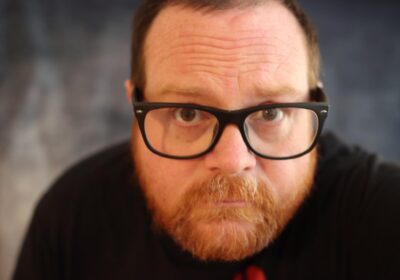Think before speaking
Recent events on campus have spurred much discussion about free speech and, more particularly, the limits thereof. At a recent soundings event, 28-year-old James Cote spoke out during a question-and-answer session, stating that, “Every single person in political power at this point should be taken out.” He went on to talk about a plan he had to assassinate President Bush in 2003, which he regretted had been foiled. This series of comments sparked a lot of talk about the limits of free speech; was it within his rights to say what he did say? Did it violate the rights of anyone around him? Most importantly, was it simply a statement of thought or was it a threat?
After investigation, it was determined that, despite the inflammatory nature of the statements, they were benign. Cote was described by his grlfriend as feeling “as though he had been labeled and ostracized by students for what he had said despite not ‘articulating himself correctly.'”
We at The Spartan fully support the rights of free speech, and feel that, in a private setting, he would have been within his boundaries to discuss these thoughts and opinions as long as there was no malicious intent. The thing about free speech is that, once you begin to tread on the rights of others, your rights end and theirs begin.
Whether or not there was legitimate intent behind his statements, Cote stated that everyone in political power should be taken out. That is blatantly stepping on the rights of others, and where his rights to free speech end.
Cote felt that he got labeled for not “articulating himself correctly.” His girlfriend, Nicole Mastropasqua, claims that he was just “trying to say the government performs grievances every day on our citizens.”
If this is the case, shouldn’t he have given a little more thought to how he would word this statement before he stood up and took the microphone? Once you’re in that position, what comes out of your mouth is completely your responsibility. He may have been pressed for time and not have prepared at all, but there are certain things you shouldn’t say. “He was ridiculed for [what he said] and that’s wrong. Castleton students should be ashamed of themselves,” Mastropasqua said.
It’s true that it’s up to students to react in an appropriate fashion, but before the reactions come into play, it was the responsibility of Cote to speak in a way that didn’t encroach on the rights of others. He spoke in a way that, intended or not, was threatening to a lot of people.
If you’re about to take a microphone in front of hundreds of people, make sure you give thought to what you’re going to say. What seems like a well-formed and harmless thought in your head could end up with a Secret Service visit.







